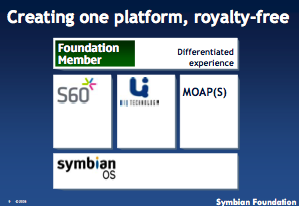 For those that have been off-line for the last few days and without access to a television or other forms of old media, Google has announced and released the first version of its own web browser called Chrome (see ReadWriteWeb’s extensive coverage).
For those that have been off-line for the last few days and without access to a television or other forms of old media, Google has announced and released the first version of its own web browser called Chrome (see ReadWriteWeb’s extensive coverage).
But do users and developers alike really need another browser? Google says that Chrome recognizes and builds on the best innovations of its competitors, but more importantly has built a web browser from the ground up to cope with the shift towards cloud computing in which the web has “evolved from mainly simple text pages to rich, interactive applications.”
“What we really needed was not just a browser, but also a modern platform for web pages and applications, and that’s what we set out to build”, says Google.
A few examples of how Google has put this into practice with Chrome include a faster JavaScript engine called V8, and “multi-threading” so that if a web app running in one tab crashes it won’t impact on the performance of other open pages/apps.
It’s highly debatable, of course, whether Google can be any more successful than others who have tried to grab market share from Microsoft who bundle its own Internet Explorer with the various flavors of its Windows operating system.
It could be argued, however, that whatever Chrome’s eventual market share, it serves as a win-win for Google. Here’s why:
Continue reading »

 The choice of name says it all: Android Market, not Android Store.
The choice of name says it all: Android Market, not Android Store.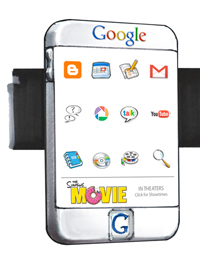 It’s been almost a year since I wrote “
It’s been almost a year since I wrote “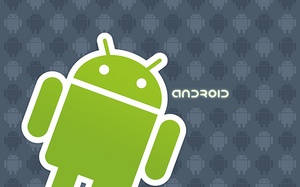
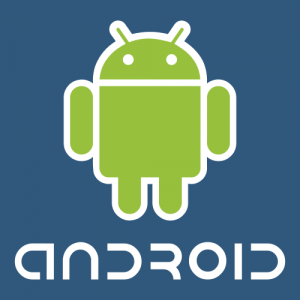 Talking down Google’s Android mobile operating system has become pretty easy of late: An incomplete and buggy SDK, favoritism
Talking down Google’s Android mobile operating system has become pretty easy of late: An incomplete and buggy SDK, favoritism  “One can create an application that uses Google Maps, get the current GPS-position or read out the accelerometer within 10 lines”. The integration with Google Maps is especially tight, he says, something that doesn’t currently exist on other mobile platforms. And Gramlich should know. His first Android effort is a free navigation app called
“One can create an application that uses Google Maps, get the current GPS-position or read out the accelerometer within 10 lines”. The integration with Google Maps is especially tight, he says, something that doesn’t currently exist on other mobile platforms. And Gramlich should know. His first Android effort is a free navigation app called 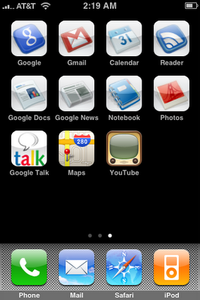
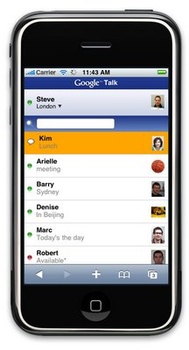
 Google today made its own contribution to solving the PC to TV problem with the release of
Google today made its own contribution to solving the PC to TV problem with the release of  While many UPnP server solutions already exist for Windows (it’s a pity Google hasn’t
While many UPnP server solutions already exist for Windows (it’s a pity Google hasn’t  The boldest moves are made from a position of strength, not when the chips are down and you’ve very little to lose. Nokia’s decision,
The boldest moves are made from a position of strength, not when the chips are down and you’ve very little to lose. Nokia’s decision, 